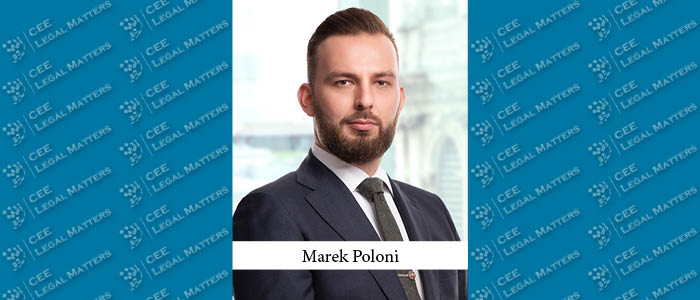A technology that changes the meaning of the word art and outpaces legislation. In the case of artificial intelligence (AI), this is especially true in the context of image creation applications such as DALL-E or Midjourney. These apps use machine learning to create original works based on an analysis of existing databases of works. However, this raises certain complications in the field of copyright.
First, copyright law only takes into account the mental activity of a person, which does not include the creation of AI. Creations generated by AI are therefore not works of authorship and are not subject to copyright protection. It is certainly necessary to pay attention to the (im)possibility of using AI in the delivery of outputs when negotiating contracts with suppliers.
What about liability for possible copyright infringement in the creation of AI generators? It is generally prohibited to use the work without the author's permission. However, the recent transposition of the European directive into Czech law breaks this rule and allows AI to use legal licences to use even protected works for the purposes of automated data analysis. This change thus enables AI to use data protected by copyright, if the authors do not expressly disagree with such use. This statutory licence also applies to other commercial uses of AI creations.
Consequently, if an author publishes their work and an AI uses it to create a new creation, that creation can be commercially exploited without the author's consent. However, the author can prevent this use by explicitly applying a qualification according to copyright law. It is important to note that this qualification only applies to future cases.
By Marek Poloni, Associate, Eversheds Sutherland




